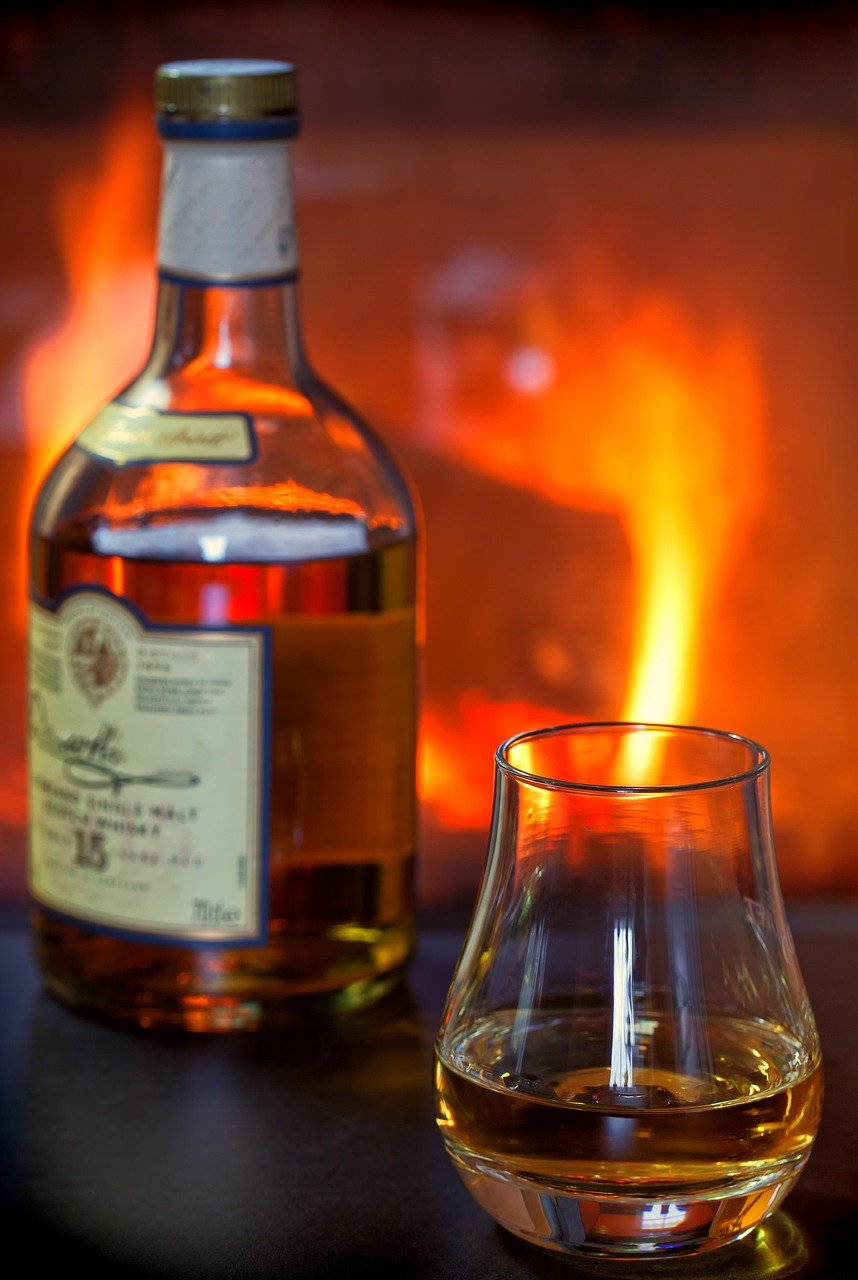A Legacy Poured in Power
Scotch for leaders and rebels has been a symbol of power, rebellion, and prestige for centuries. From the bloodied battlefields of Scotland’s clans to the sleek boardrooms of corporate titans, whisky has stood as a testament to resilience, influence, and tradition. But why has this golden spirit been the choice of warriors and world-changers alike? The answer lies in its deep-rooted connection to leadership, independence, and the art of making bold decisions.
From the Clans to the Crown: Scotch in Battle and Rebellion
Scottish warriors didn’t just drink whisky for pleasure—it was a source of courage. During the Highland uprisings and clan wars, Scotch fueled soldiers before battle. Legends tell of warriors sipping whisky before charging into war, believing it brought strength and bravery.
Even during the Jacobite Rebellion, Scotch became a rallying symbol. Bonnie Prince Charlie and his supporters raised their glasses in defiance against the British crown. As a result, the English sought to suppress whisky production through heavy taxation, but this only fueled illicit distilling in the rugged Scottish Highlands. Scotch was no longer just a drink; it was an act of rebellion.
Scotch and the Empire: A Drink Fit for Leaders
As Scotland became integrated into the British Empire, Scotch’s influence grew beyond the battlefield. British officers and nobles began adopting Scotch, bringing it into royal courts and diplomatic circles. By the 19th century, Scotch had become the preferred drink of British and global elites.
Winston Churchill, one of the most iconic leaders in history, famously declared his love for Scotch, drinking it daily with water. American presidents, from Ulysses S. Grant to John F. Kennedy, were known to enjoy fine Scotch, solidifying its place as a drink of power.

Scotch in the Boardroom: A Status Symbol for Business Leaders
Today, Scotch for leaders and rebels is more than a drink—it’s a statement. In executive boardrooms and high-stakes business meetings, whisky represents sophistication, confidence, and strategy. From networking events to celebratory toasts, it remains a drink of choice for CEOs, entrepreneurs, and decision-makers.
Premium brands like Macallan, Glenfiddich, and Lagavulin are often seen in corporate lounges, signaling success and refined taste. Executives who appreciate a well-aged single malt are often perceived as individuals who value patience, craftsmanship, and legacy—key traits of great leaders.
Rebels, Rockstars, and Revolutionaries: Scotch Beyond the Elite
Scotch isn’t just for aristocrats and executives. It has long been embraced by rebels, artists, and visionaries who defied the status quo. From the smoky backrooms of political revolutionaries to the late-night musings of creative geniuses, whisky has fueled bold ideas and cultural shifts.
Mark Twain, Hunter S. Thompson, and Frank Sinatra all had a love for Scotch, often associating it with inspiration and defiance. Even rockstars and modern-day entrepreneurs have carried on this tradition, proving that Scotch remains the drink of those who challenge the norm.
The Future of Scotch for Leaders and Rebels
As Scotch evolves, so does its legacy. New generations of leaders and rebels continue to embrace it, not just as a drink but as a cultural icon. Whether shared over high-stakes negotiations or sipped in quiet moments of reflection, whisky remains deeply tied to those who shape the world.
Scotch for leaders and rebels isn’t just about drinking—it’s about embracing a tradition of strength, strategy, and defiance. The next time you pour a glass, remember: you’re part of a history that spans centuries of power, rebellion, and excellence.

